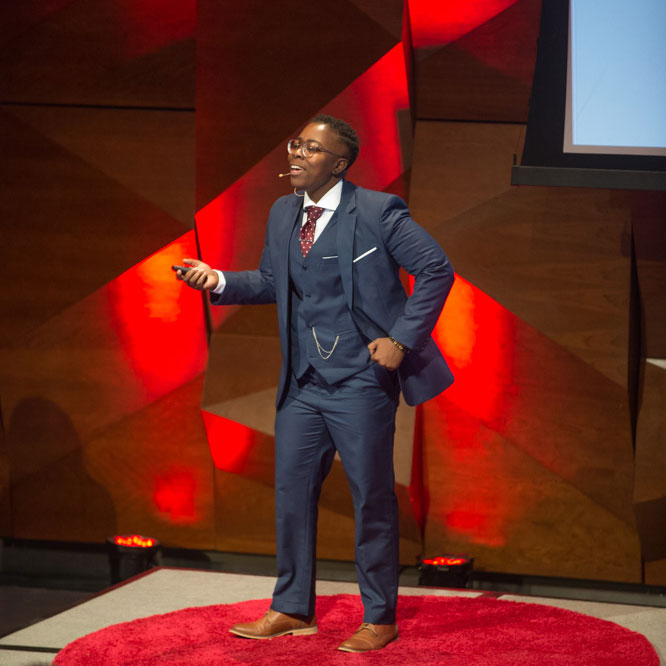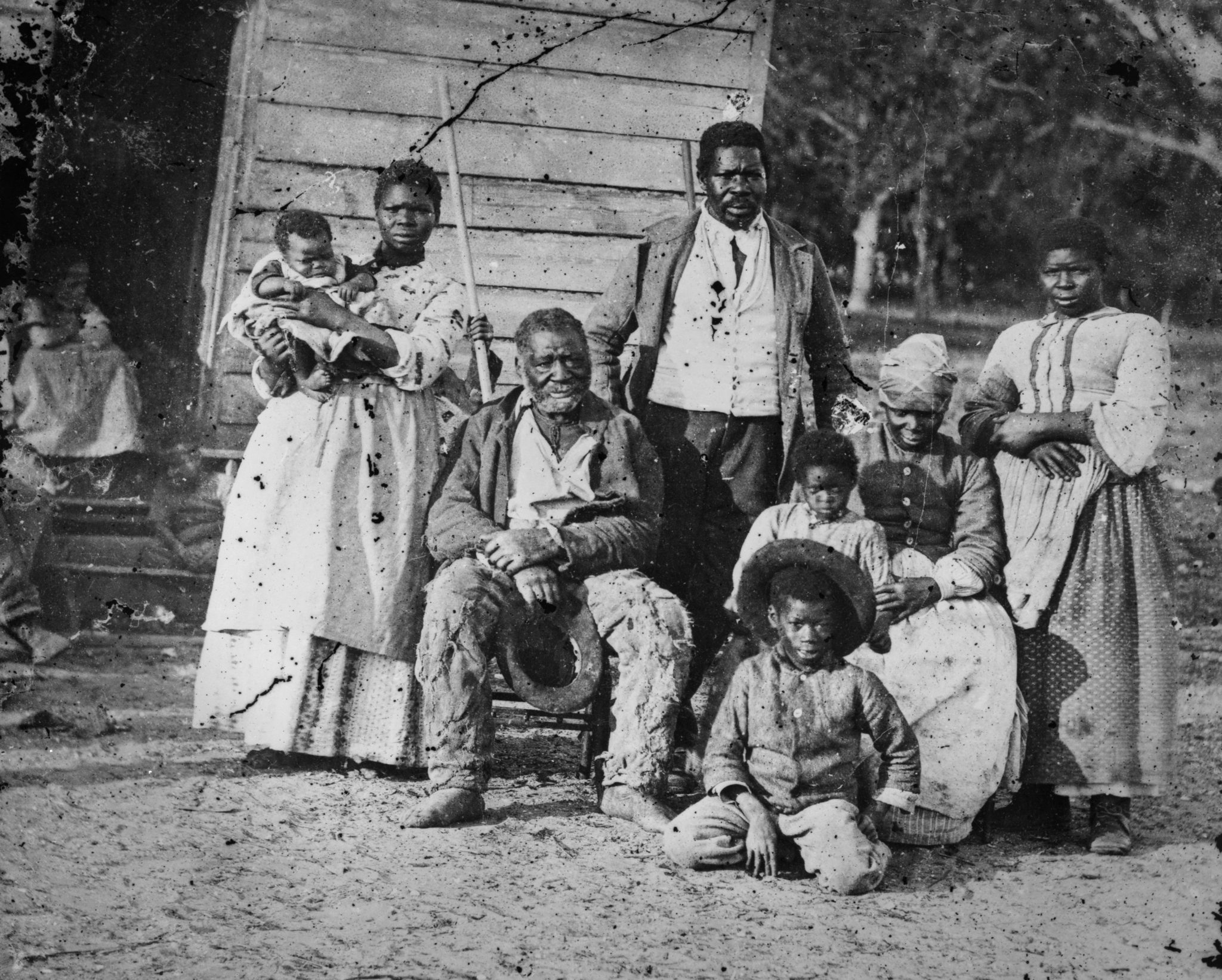
“Who I am is the love of so many who hoped for the opportunity to be where I am today.”
– Patrice Palmer
The following is a guest post by Patrice Palmer, Director of Social and Cultural Inclusion for the CSU College of Business.
February is more than a month set aside to marvel at the progress of Black Americans, it is a time to remember our shared past and future. Black is both a people and a culture.
During the month of February we use this time to reflect and to recharge. We do this in remembrance of our humanity, the hope for shared empathy, the commanding of our dignity and the need for our serenity. Being Black doesn’t power up on February 1, nor does it disappear after February 28. It is a lasting state of being and can’t be forgotten.
I stand before you PROUD, STRONG and mostly HUMBLED within my Black identity. I wear my culture like a story with twists and turns always knowing that who I am is the love of so many who hoped for the opportunity to be where I am today. I take my opportunities seriously and I persevere for those who will come after me.
As we celebrate the rich history of Black people and Black culture, please don’t think it divisive for us to name our tragedies. Don’t invalidate our experiences nor dismiss our challenges. I hope that you listen, learn and most importantly take the time to understand that our identities, though they may be different, support our humanity and our shared journey in this world.
Throughout this month you will hear of the victories and accomplishments of Black business leaders, entrepreneurs, inventors and business theorists who’ve shaped our economy through their mental and physical labor. Remember them, appreciate their work and add to their accomplishments. As you know, we live in the most diverse world in human history. Our proximity to each other is no longer banned through archaic policies and laws. We are closer today than we’ve ever been, but in our closeness we still isolate ourselves because of our shared misunderstanding that difference equals deficit.
Black Business History
Scroll through Twitter posts of featured Colorado business figures to open the full Twitter thread exploring their accomplishments and stories. Or, use the links below.
Clara Brown 1800-1885 | Former slave, Colorado pioneer, entrepreneur and philanthropist
Barney Ford 1822-1902 | Former slave, Colorado businessman, civil-rights pioneer
Lewis Price 1849-1920 | Former slave, land prospector, newspaper founder
Madam C.J. Walker 1867-1919 | Entrepreneur, one of the first Black female millionaires
O.T. Jackson 1862-1948 | Entrepreneur, founder of Dearfield, Colorado
As we move through this month of celebration, love and remembrance, let us be humbled by what we learn, let us be enlightened by what we see and let us break away from what we THINK we know. In the College of Business, we celebrate the beauty and majesty of Black culture and its influence within our College, within our field of study and within the world!
“Mus tek cyear a de root fa heal de tree.”
– Ms. Cora Lee Palmer
I leave you with a family proverb from my grandmother, Ms. Cora Lee Palmer, who was born to sharecroppers on an island off the coast of South Carolina in 1932. Speaking traditional Gullah, she would always say, “Mus tek cyear a de root fa heal de tree.” You must take care of the root if you want to heal the tree.
Our healing comes from our attention to our shared roots.
Now nearly 90 years old and living in a nursing home in Harrisburg, Pennsylvania, her memory isn’t as it used to be, but every so often her mind and her heart align and she remembers me. So, on those days she doesn’t know I’m her grandchild, I take pride in knowing that all the lessons she shared with me are as memorable as ever.
Our healing comes from our attention to our shared roots.

Learn more about how the College of Business is supporting diversity, equity and inclusion.